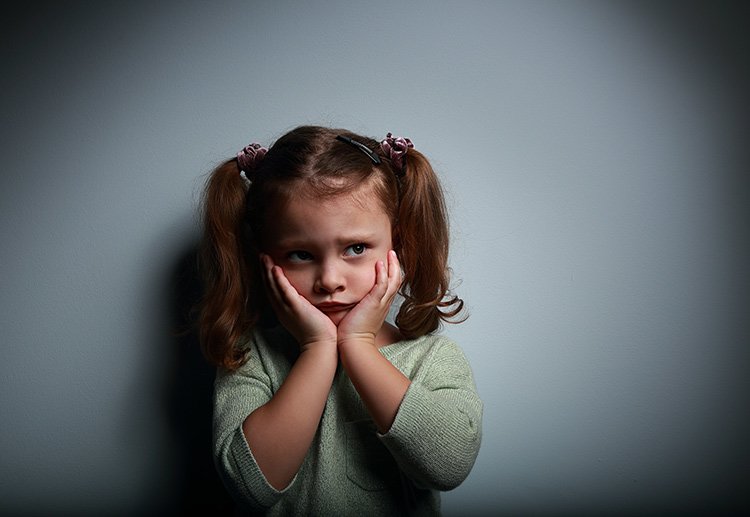It’s natural for children to feel scared in the dark, but if your little one’s fear is becoming a problem, it’s important to take action. From fun and creative solutions to helping your child understand why the dark isn’t so scary, there are plenty of ways you can manage your child’s fear of the dark and make nighttime a little less stressful. In this article, we’ll discuss the best ways to handle a child’s fear of the dark in an engaging and comforting manner.
Talk through feelings

Talking through feelings can help your child process their fears and better understand what they are feeling. Through open and honest dialogue, you can help your child find ways to cope and feel more comfortable in the dark.
Offer comfort items

Offer comfort items such as a nightlight, a flashlight, or a stuffed animal. These items can help your child feel more secure and less scared of the dark. Let your child pick the item that makes them feel the most secure and comfortable.
Create a nightlight

A nightlight is a great way to help your child feel safe and secure in the dark. Not only does it provide a comforting source of light, but it can also help your child to feel more calm and relaxed in a dark room.
Reduce scary imagery

Reduce Scary Imagery – To help reduce your child’s fear of the dark, try to remove any scary imagery from their bedroom. Replace anything that may cause fear, like monsters, with something more soothing like a plush animal. This can help create a more calming atmosphere that will help your child feel more at ease.
Practice relaxation techniques

When it comes to a child’s fear of the dark, it’s important to practice relaxation techniques such as deep breathing, progressive muscle relaxation, or visualization. These techniques can help a child feel more comfortable and relaxed in the dark.
Reassure them regularly

Reassure your child that there is nothing to be afraid of in the dark and that it is perfectly normal to feel a little scared sometimes. Remind them that they are safe and loved, and that there is nothing to worry about.




